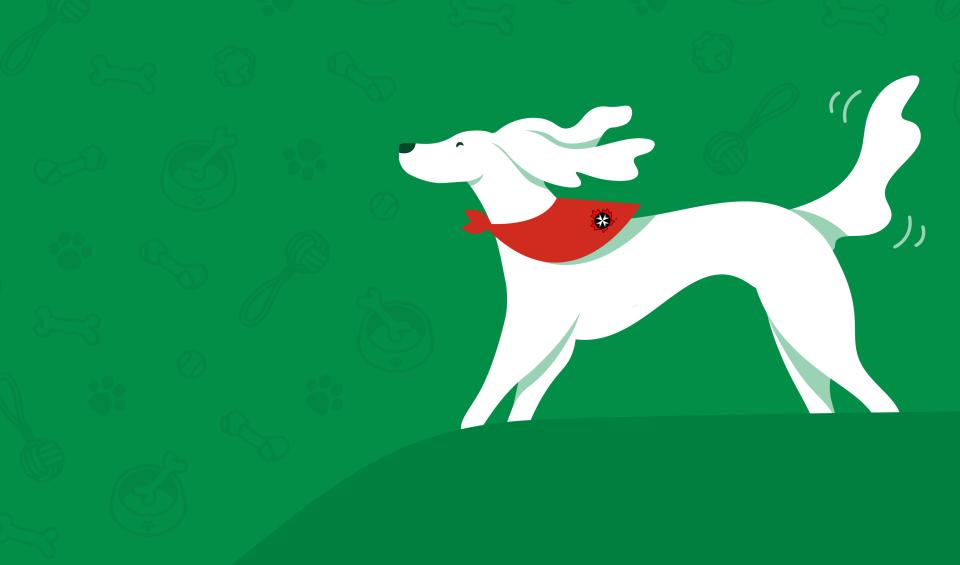- Visit hospitals, seniors' residences, nursing homes, schools, community centres, and libraries on a weekly basis with their own dog
- Provide physical and emotional benefits to those they visit through the affection of and opportunity to connect with a dog
While we appreciate all interest, there are a series of qualifications that Therapy Dog Program volunteers and their four-legged friends must meet in order to join the St. John Ambulance team. In addition to owning a dog, volunteer handlers (dog owners) must:
- Be 18 years of age or older (youth between the ages of 16-18 may join the program but must be supervised by an adult therapy dog handler while volunteering);
- Be able and willing to commit to the program and a placement facility for at least one year, for once-a-week visits
- Submit to a criminal records check
- Attend an orientation session, followed by an evaluation of their dog and dog-handling abilities
To be considered for the program, dogs must:
- Be at least one year old (preferably two years/age of social maturity for most breeds)
- Have lived in a permanent home for at least six months
- Be on a regular regimen of veterinary vaccinations for rabies, parvovirus, distemper, and adenovirus. It is also recommended that dogs be vaccinated for leptospirosis. These may take place on a yearly or three-year basis. Currently, titer testing is not accepted in lieu of vaccinations
- Receive annual veterinarian checks
- Not be fed a raw-meat diet
- Respond to basic commands (sit, stay, lie down, heel at the handler's side on a loose lead)
- Not mouth people's arms or hands
- Not jump on people
- Not growl at other dogs or relieve themselves indoors (even submissive peeing)
Successful applicants will undergo mock visits to healthcare facilities, testing their dogs' temperament, sociability, and ability to follow the handler's lead. Cleanliness and grooming will also be assessed. Some indicators of a suitable St. John Ambulance Therapy Dog Team include:
- Responses that are not fearful or aggressive
- Friendliness towards other dogs and strangers
- Safe and easy handler control
A successful therapy dog seeks attention with a calm demeanour, avoiding rejection or overly assertive behaviour. It must always be leashed and under the handler's control.
